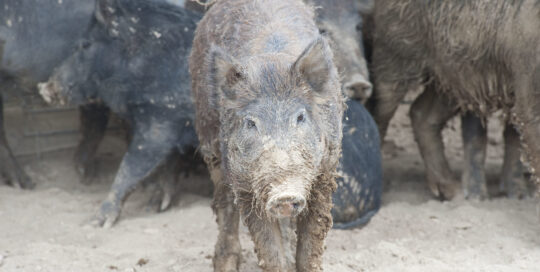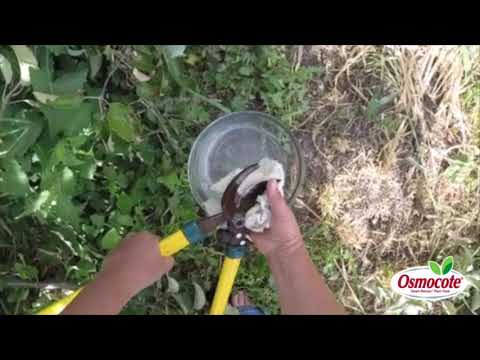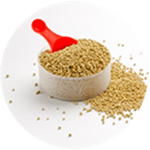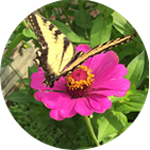Watching for Pond Pests
Views: 6416

My husband recently installed a little water feature in the garden. It’s tucked beneath the nanking cherries and golden currants, and it provides lovely ambience with the little pump running the water over the rocks.
We’re adding a few goldfish and aquatic plants, such as a water hyacinth and water lily, to round out the look. It’s lovey and easy: no fertilizing or weeding or deadheading required.
A small pond is a great feature to add to the garden. Not only is it beautiful in its own right, the sound of the water is peaceful, plus it provides much needed water for birds and other insects. It’s all part of that balance in the ecosystem.
Types of Pond Pests
Since this is my first real pond, besides the pools I had at my old place in Coram, which were more of a swimming area for my black Lab than anything, I started looking into what pests I need to watch for throughout the season. I was surprised that there seem to be a lot of them.
From aphids to caddis flies, a fair amount will take advantage of this new feature.
Snails
Snails can be good or bad pond pests, depending on the species and their numbers. The ones my friend has in her pond are bad. She has even gone to the point of removing the pond, liner and all, for months in an attempt to eradicate them, but they’re hardy little buggers.
One remedy is using copper sulfate in the pond. The fish won’t be affected, but it will kill tadpoles. Another ingenious recommendation I discovered was to float leaves of some sort—or even a small piece of wood—in the pond. The snails crawl up on it, then you can dispose of them. Of course, this would be a challenge if you have tons of snails, but it might be worth the effort if you want to keep them under control.
Aphids
Yes, aphids will attack water plants, but they’re easy to handle. Wash them off into the water with a hose so the fish will eat them. It’s a win-win.
Caddis fly larvae
Caddis fly larvae will eat the leaves of some aquatic plants, but if you have fish in there they probably won’t last long. Anyone who is a fly fisherman looks forward to the caddis fly hatch on the river because it’s a favorite snack for the hungry trout.
Mosquito larvae
Nobody wants to perpetuate the mosquito population. Fish will make quick work of them, which is why we added a few goldfish to the pond. (Sam wanted a shark, but I had to explain it wouldn’t survive in this environment.) If you don’t have fish, toss in those Mosquito Dunks to keep them from living and hatching.
Leaf mining midges
These little insects look like mosquitoes, but they lay their eggs on the pond plants, then the larvae chews wavy lines in the foliage. The simplest way to stay ahead of leaf mining midges is to remove any of the affected leaves. If it’s a bigger problem, use the Mosquito Dunks since the Bt (Bacillus thuringiensis) will take care of them.
Raccoons
We really don’t have an issue with raccoons in our area (because we don’t have that many raccoons out here), but I know they can be a problem in other parts of the country. While they’re really cute, the bottom line is raccoons will eat your fish. They really aren’t into swimming, so if you can make your pond deep enough where the fish can escape to deeper water, there’s a good chance they’ll avoid the raccoons’ little paws.
You also can place netting over the pond to discourage raccoons, as well as the herons, who will also take advantage of this ready food source.
Meet Amy Grisak
Amy is a freelance author and photographer in Great Falls, MT who specializes in gardening, foods, and sustainable agriculture. She provides information on every kind…
Amy's Recent Posts
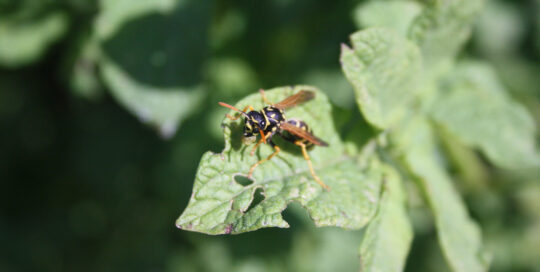
Looking into the Crystal Ball for a Pest Report
